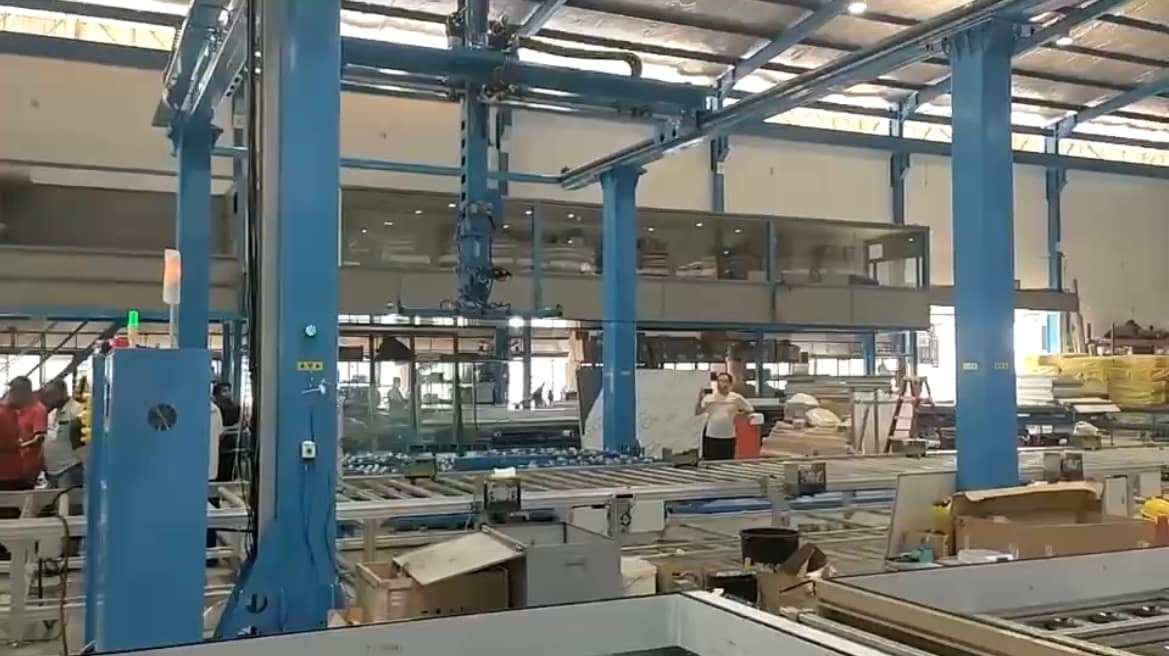As the name implies, an XYZ-axis robot is a robot that moves based on three mutually perpendicular rectangular coordinate axes, X, Y, and Z. It usually consists of a fixed base, three linear motion axes, and an end effector. By controlling the movement of these three axes, the robot can achieve precise positioning and movement in three-dimensional space.
Features of XYZ-axis robots
Simple structure: Compared with articulated robots, the structure of XYZ-axis robots is more intuitive, easy to understand and maintain.
High precision: The use of high-precision servo motors and transmission mechanisms can achieve high-precision positioning and repeated positioning.
Large load: It can carry heavier loads and is suitable for various working conditions such as handling and assembly.
Large working range: The travel of the three axes of X, Y, and Z can be customized according to needs to adapt to different workspaces.
Easy to program: The programming is simple and easy to operate, and even novices can get started quickly.
Application areas of XYZ-axis robots
XYZ-axis robots are widely used in the field of industrial automation due to their simple structure and easy control. The main application areas include:
Electronic manufacturing: PCB board plug-in, welding, testing, etc.
Automobile manufacturing: assembly, gluing, welding, etc. of parts.
3D printing: as a motion platform for 3D printers.
Laboratory automation: sample processing, liquid dispensing, etc.
Packaging industry: product packaging, palletizing, etc.
Advantages of XYZ axis robots
Strong flexibility: can be flexibly configured according to different workpieces and tasks.
Wide adaptability: suitable for a variety of working environments and working conditions.
High reliability: using mature transmission and control technology to ensure the reliability of the equipment.
Easy to maintain: simple structure and easy maintenance.

Screenshot